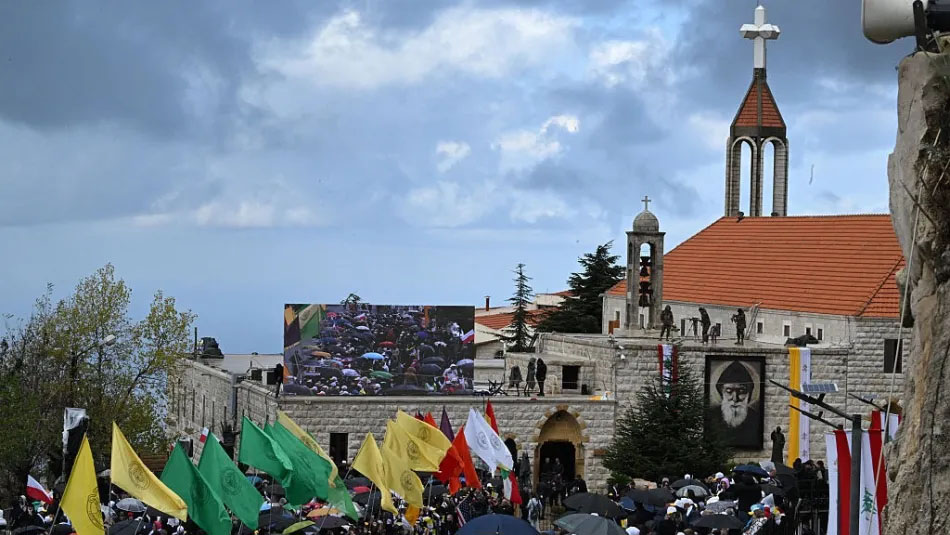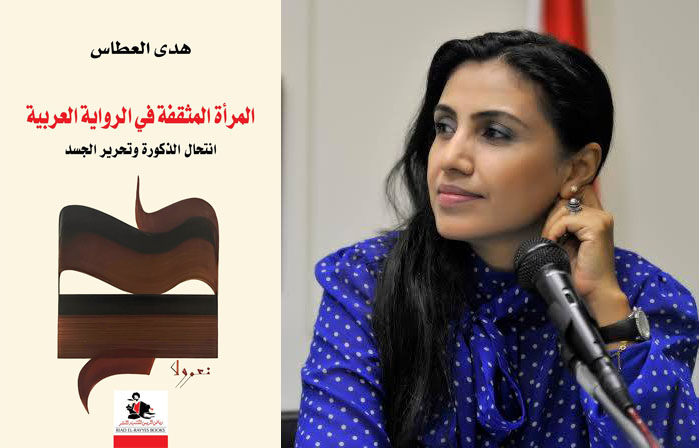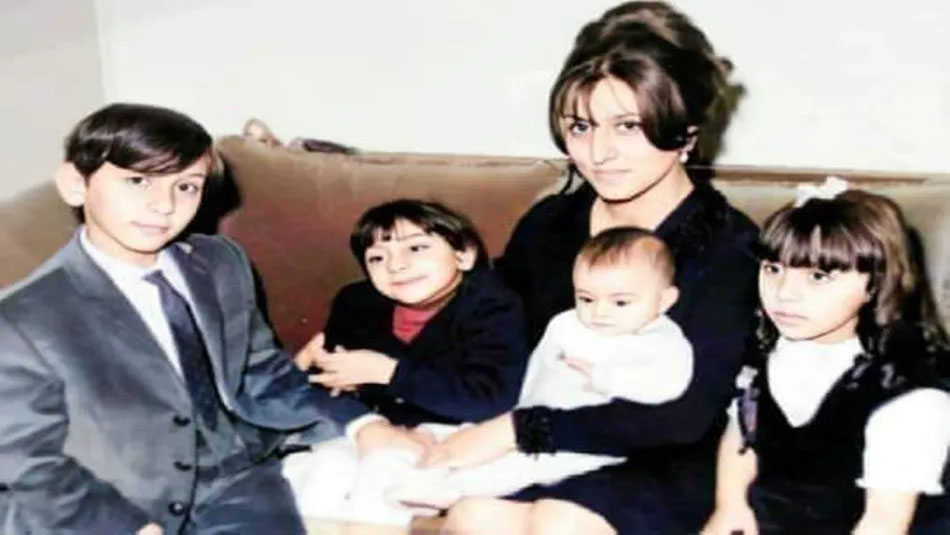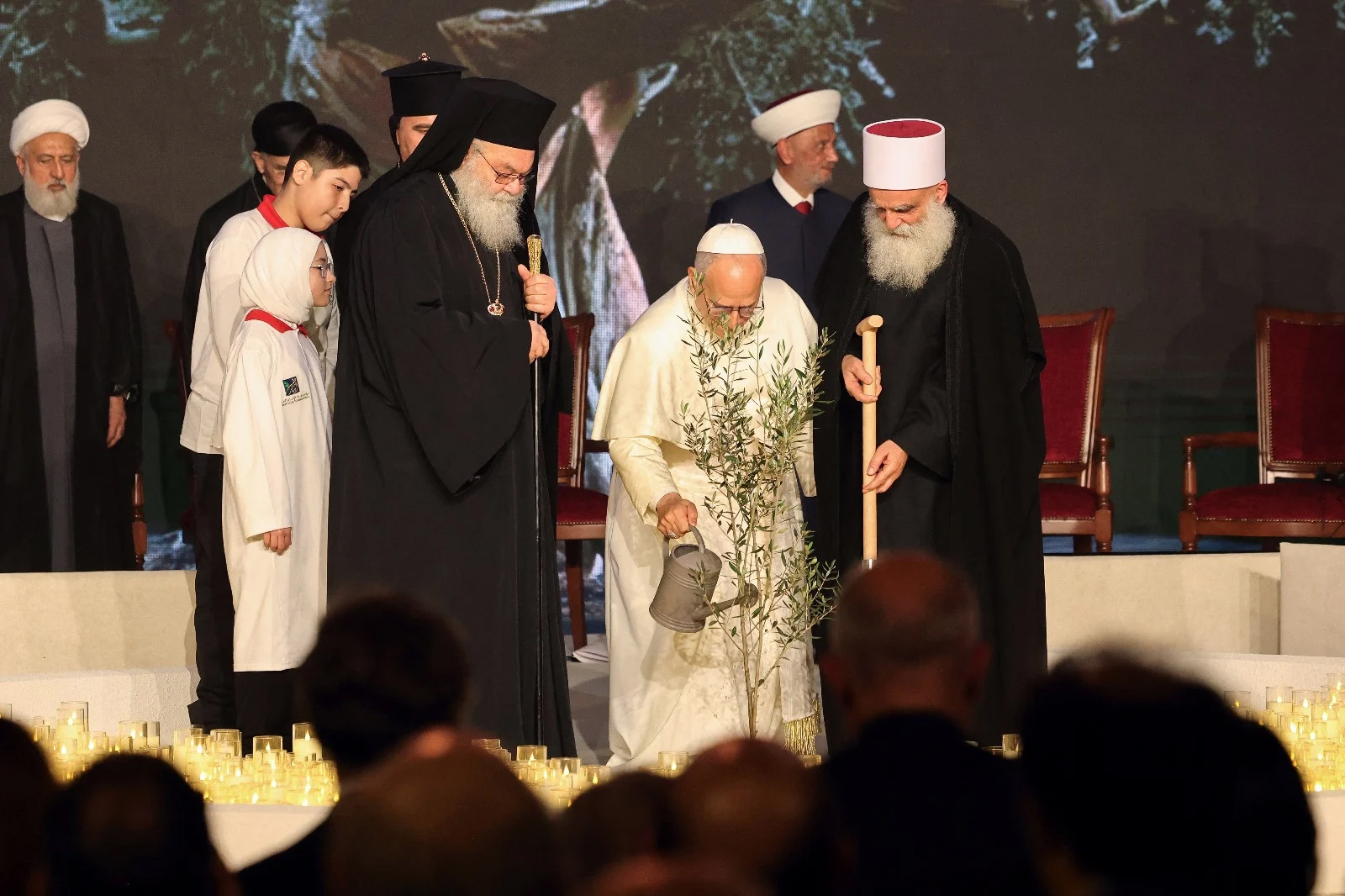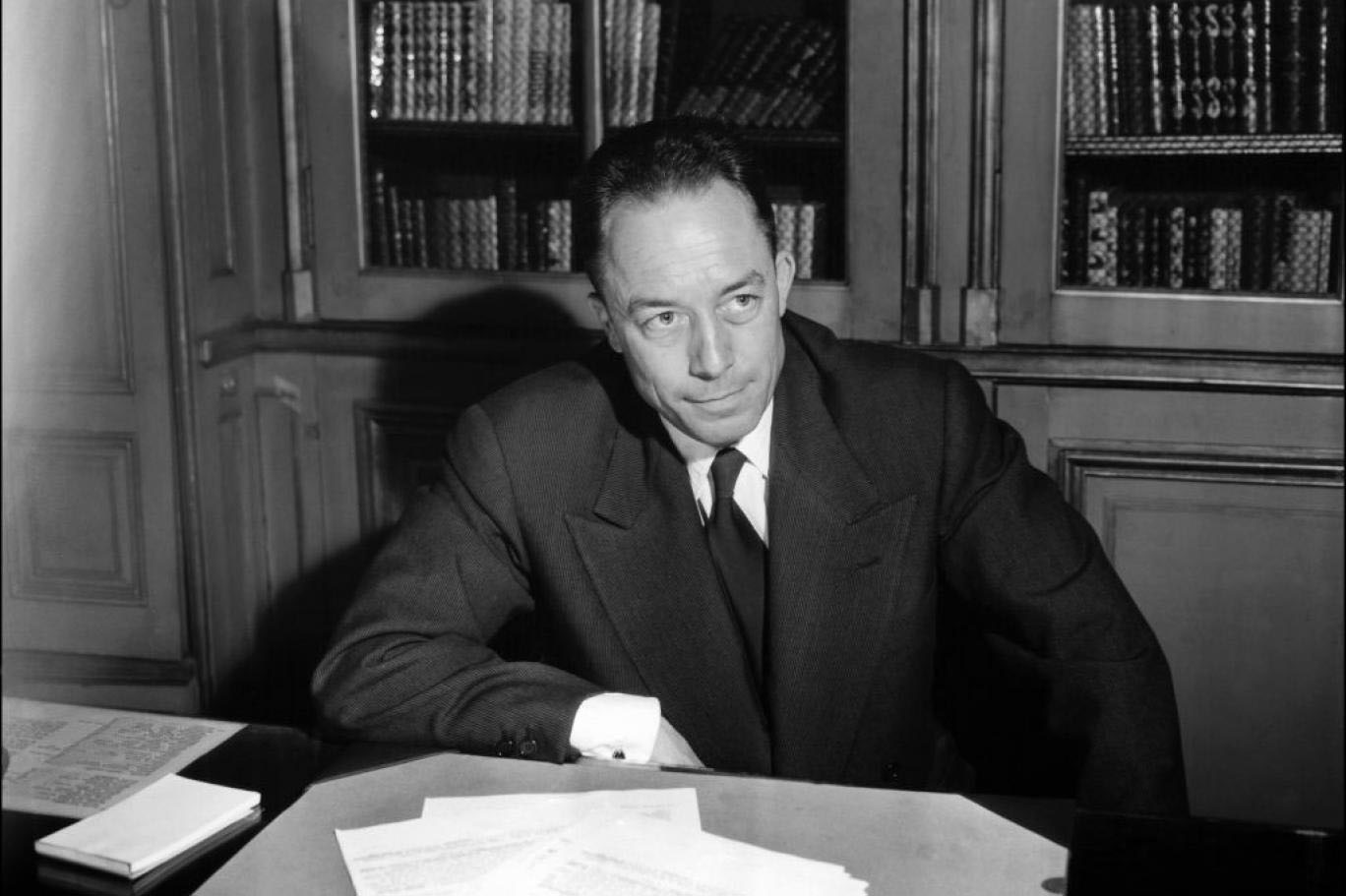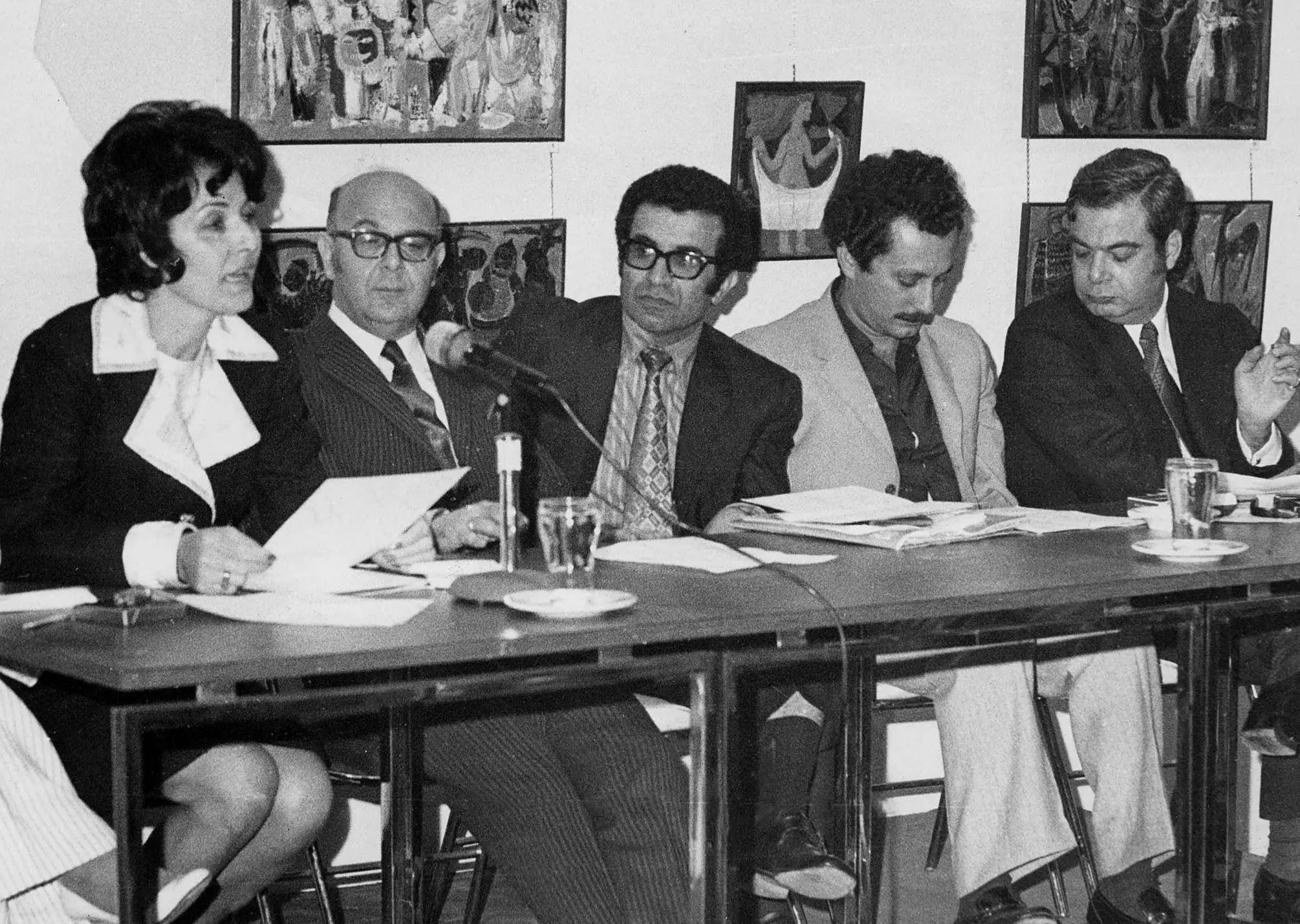Lebanon’s Maronite Exception:
Minority Politics Without Authoritarianism
Lebanon's politics have occupied a large part of my life. Reflecting on my past and drawing on refreshed memories of early Lebanese days and the diaspora, I can clearly see that my perspective on Lebanese politics has shifted between idealistic and realistic outlooks.

